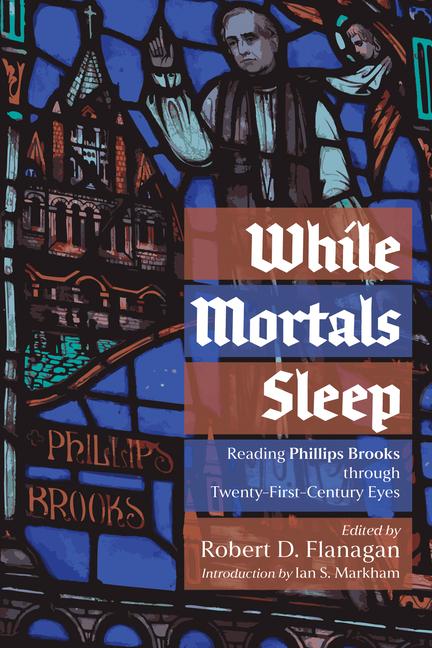Description
America's nineteenth-century preachers and religious leaders moved public sentiment and shaped the nation's moral character. Equally influencing events were America's preachers and religious leaders who moved public sentiment and shaped the nation's moral character. In that class of great religious figures is the Episcopal preacher and bishop Phillips Brooks. The Boston Brahmin and Harvard University graduate rose to heights as an anti-slavery clergyman and indefatigable pastor to congregations in Philadelphia and Boston. Yet, his many achievements must be balanced against his youthful arrogance and his shrewdness. This book examines the spiritual and moral character of Phillips Brooks (1835-1893) as evidenced through his life and ministry. The volume's eight essays recognize the most recent academic contribution, by Gillis J. Harp, Brahmin Prophet: Phillips Brooks and the Path of Liberal Protestantism (2003), but move beyond it in several crucial ways. This new work seeks to reevaluate Brooks, considering the early twenty-first-century social and racial conflicts and subsequent cultural soul-searching. The contributors portray Brooks as a man filled at times with hubris, classism, and prejudices and at other times with creative passion and pastoral concern for all peoples. While Mortals Sleep focuses less on the external influences upon Brooks and more on his actions and works within his historical context. The essays seek to show his legacy in a present-day light, illustrating Brooks at his best and worst.
Last updated on
Product Details
- Jun 5, 2025 Pub Date:
- 9798385236671 ISBN-10:
- 9798385236671 ISBN-13:
- English Language




